
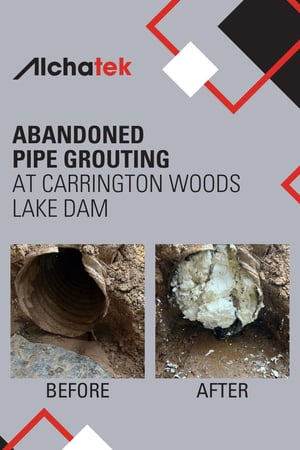 Carrington Woods Lake Dam is located in Baldwin County, Georgia. A consulting firm collaborating with a general contractor called in geotech specialists Atlas Structural to stabilize an abandoned below-grade culvert pipe that had deteriorated over time. The pipe ran underneath a spillway. With supporting soil migrating into it, its unstable condition threatened the integrity of the structure.
Carrington Woods Lake Dam is located in Baldwin County, Georgia. A consulting firm collaborating with a general contractor called in geotech specialists Atlas Structural to stabilize an abandoned below-grade culvert pipe that had deteriorated over time. The pipe ran underneath a spillway. With supporting soil migrating into it, its unstable condition threatened the integrity of the structure.
Powerful Polymer
The technicians chose single-component AP FIll 720 for the job. The deteriorating pipe was 100 feet long, and due to the circumstances at the site, grouting could only be done from one end. Getting a two-component foam 100 feet up a pipe before it cured would have been impossible. AP Fill 720, featuring a very flexible set time adjustment range with the catalyst, allows technicians to pump the material for great distances before it starts to react and cure.
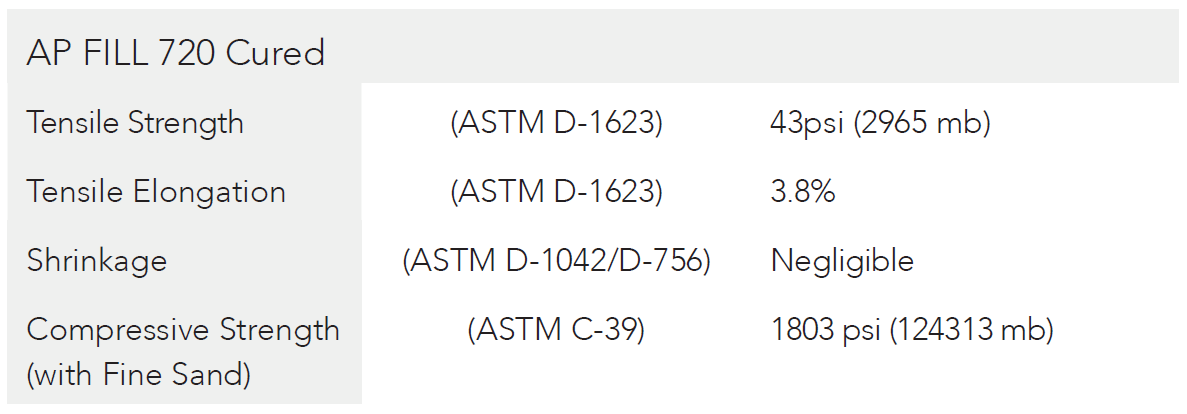
Painless Procedure
AP Fill 720 does not have to be heated and only needs moisture for reaction. The crew had two electric injection pumps, one pumping AP Fill 720 with an accelerator and the other pumping water. They had 150-foot lines on each pump. Both pump lines were run through a 100-foot PVC tube. The technicians used a video camera, mounted five feet back from the end of the PVC tube, to monitor the fill. The crew pumped both water and poly in unison for a good reaction. As the pipe filled up, they slowly withdrew the PVC and continued pumping until the pipe was full. The process basically consisted of pumping, extracting the tube a foot, and repeating - until the entire 18" x 100' pipe was filled.
Rapid Result
The deteriorated pipe was completely filled and stabilized. Soil migration was stopped and the threat to the structure of the spillway above was eliminated. This job was completed in only three hours. Complete removal or filling with concrete would have taken days. In addition, concrete does not expand, so a 100% fill would have been impossible. AP Fill 720 expanded to fill 100% of the pipe. The consulting engineer and general contractor were very happy with this result.



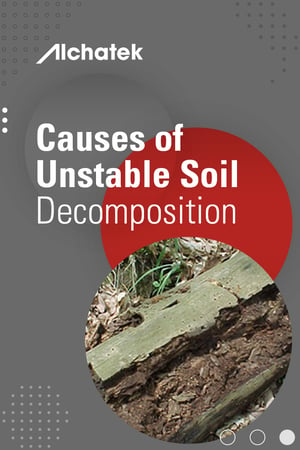 When the residue of plants or animals is converted into soil, the process is known as decomposition. Bacteria, fungi, and worms break down this residue, taking nutrients from them and leaving the remaining portion. Organic molecules are broken down into simpler inorganic molecules. This biological process changes the makeup of the soil and can therefore lead to soil instability.
When the residue of plants or animals is converted into soil, the process is known as decomposition. Bacteria, fungi, and worms break down this residue, taking nutrients from them and leaving the remaining portion. Organic molecules are broken down into simpler inorganic molecules. This biological process changes the makeup of the soil and can therefore lead to soil instability.

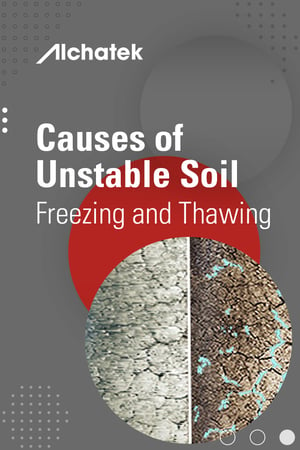 What is freezing and thawing?
What is freezing and thawing?
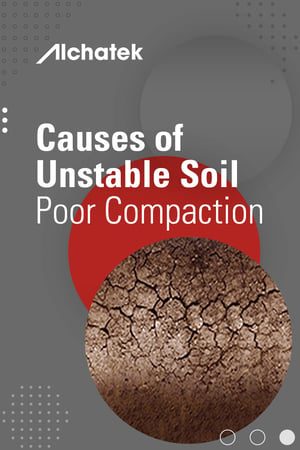 Many types of infrastructure, including roads, bridges, and buildings, depend on compacted soil in order to stay in place. Therefore, in order for these structures to last, a specific degree of compaction must be achieved. When soil does not adequately compact, the problem is known as poor compaction, and that can lead to more serious issues. Concrete repair contractors always need to be on the lookout for signs of poor compaction which include settling slabs, cracking foundations, and dips in roadways and railroads.
Many types of infrastructure, including roads, bridges, and buildings, depend on compacted soil in order to stay in place. Therefore, in order for these structures to last, a specific degree of compaction must be achieved. When soil does not adequately compact, the problem is known as poor compaction, and that can lead to more serious issues. Concrete repair contractors always need to be on the lookout for signs of poor compaction which include settling slabs, cracking foundations, and dips in roadways and railroads.
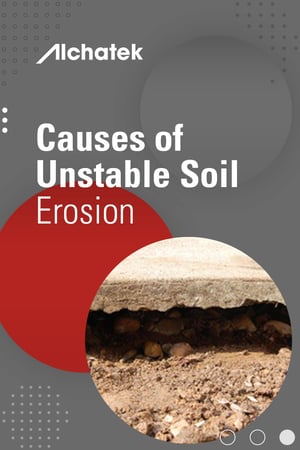 What is erosion?
What is erosion?
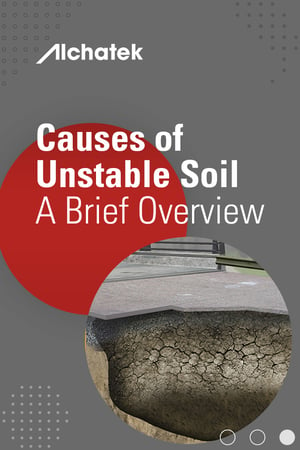 Unstable soil can be defined as soil that will not stay in place on its own and therefore requires extra support. It should be noted that unstable soil can threaten the stability, security, and safety of infrastructure and can damage, degrade, and even destroy a number of structures, such as buildings, bridges, and roads.
Unstable soil can be defined as soil that will not stay in place on its own and therefore requires extra support. It should be noted that unstable soil can threaten the stability, security, and safety of infrastructure and can damage, degrade, and even destroy a number of structures, such as buildings, bridges, and roads.
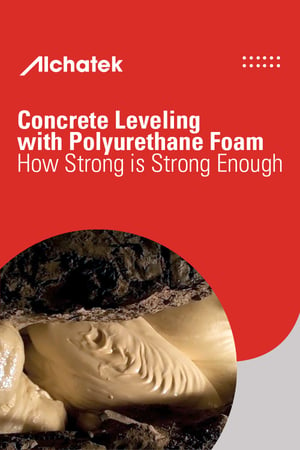 Raising Concrete with Confidence
Raising Concrete with Confidence

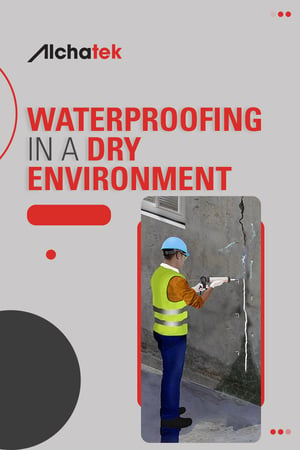 If you're a leak seal contractor, you may be familiar with this situation: A property owner with leaking concrete calls you up and says, "Hey, everything is dry right now, so I want to get someone out here to go ahead and waterproof the structure." Attempting a waterproofing job when the structure is completely dry is not recommended.
If you're a leak seal contractor, you may be familiar with this situation: A property owner with leaking concrete calls you up and says, "Hey, everything is dry right now, so I want to get someone out here to go ahead and waterproof the structure." Attempting a waterproofing job when the structure is completely dry is not recommended.


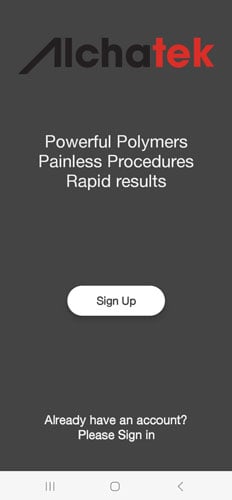
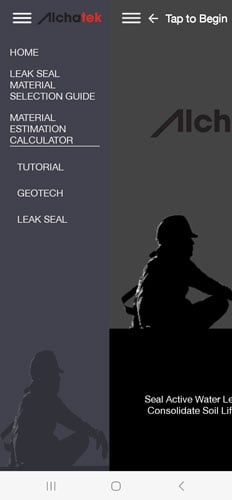

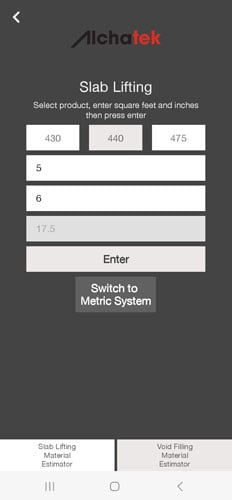
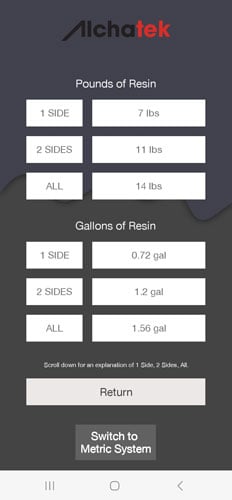
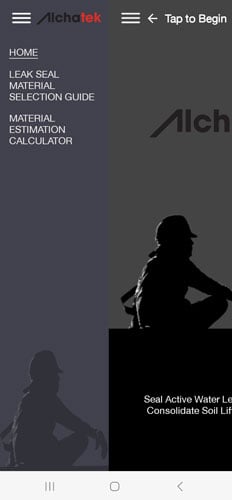
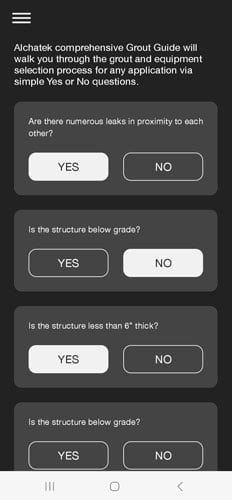
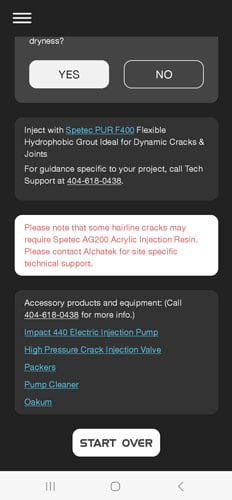

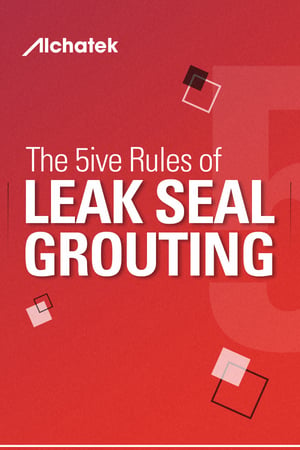 Polyurethane grouting is a complex process that involves numerous specifications and guidelines. However, amidst the vast amount of information, there are five fundamental rules that lie at the core of all successful polyurethane grouting projects. We will explore these rules, highlighting their significance in achieving desired outcomes.
Polyurethane grouting is a complex process that involves numerous specifications and guidelines. However, amidst the vast amount of information, there are five fundamental rules that lie at the core of all successful polyurethane grouting projects. We will explore these rules, highlighting their significance in achieving desired outcomes.